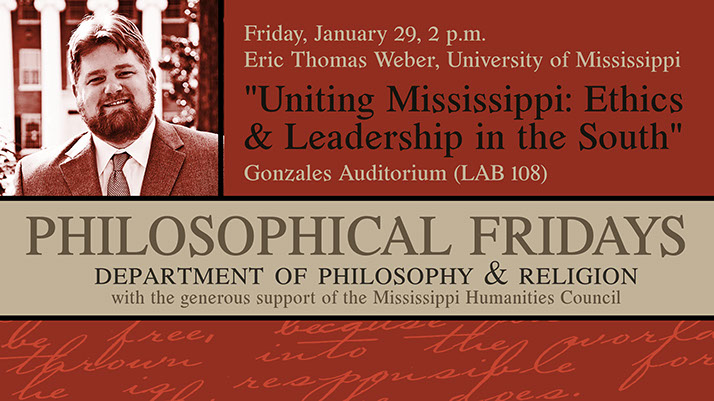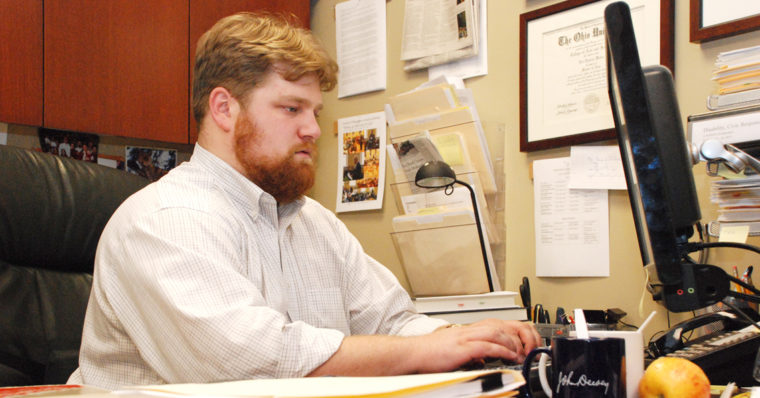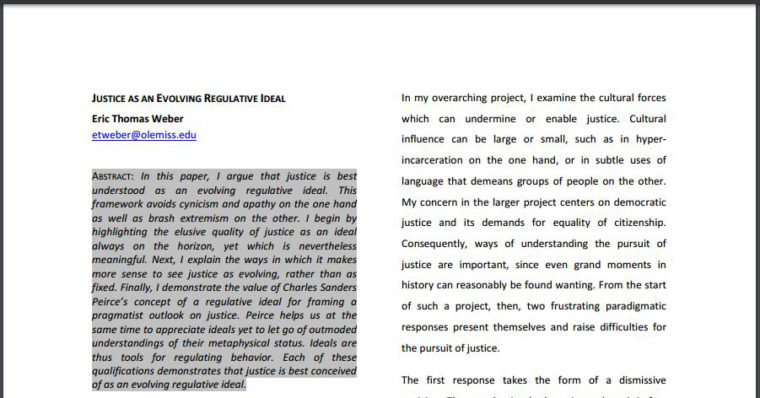
The people at WDAM were very kind. The studio was easy to find, and I couldn’t have asked for a more beautiful day to drive. I will say that Mississippi’s actually quite a big state. I had to get up at 5 and be on the road at 7 to get to Hattiesburg by shortly after 11 for this interview. It was well worth it. One of the members of the audience at my 2pm talk said that she saw me on WDAM and that she had read my interview in the Clarion Ledger earlier in January.
Here’s the interview:
Thank you to Miranda and to Margaret Ann Morgan, who set this up!
If you’re looking for a speaker for your next event, or know someone who is, visit my Speaking & Contact pages. Also, follow me on Twitter @EricTWeber and “like” my Facebook author page.





 Check out this great author interview that Jana Hoops put together for The Clarion Ledger on Uniting Mississippi.
Check out this great author interview that Jana Hoops put together for The Clarion Ledger on Uniting Mississippi.










 About Me
About Me